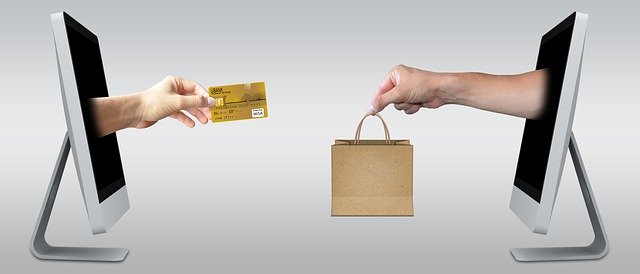If you’re thinking about getting your child a credit card, make sure to give it some really serious thought first. Not because it’s necessarily a “bad” thing to do, but because reportedly over half of all Americans have credit card debt.And, among the college student demographic, the average is about $20,000 of debt.That alone might be enough reason to make some of you shy away from getting one, but before making a “final call”, let’s take a moment to explore three pros and three cons that come with children having credit cards, starting with the upside.
Pro: Credit cards help to establish credit. It can be just about as hard to go through this life with no credit as it is to have bad credit, so definitely one perk to having a credit card is that it helps a person to establish a credit history.

Pro:
It can be a good financial teaching tool. You might be surprised how many credit card companies come after college-aged students whether they have a job or not. And, if they have never had a credit card before, sometimes they go overboard with the use of it. On the other hand, if a young person has already had a credit card before going away from home, hopefully, they are already in the habit of understanding things like “use with discretion”, “pay attention to the minimum balance required for payment” and “remember that there is interest attached to each purchase”. A child can definitely spare themselves a lot of pain and heartache by learning these kinds of things early on and a credit card is a great way for them to do it. There are rewards attached to a lot of credit cards. In a world filled with the focus of immediate gratification, another benefit of a credit card is that it can teach kids that “Good things come to those who wait.” In using their card wisely, over time, they may be able to earn rewards like a free plane ticket or even discounts on electronics and meals. However, before getting them an actual credit card, you may want to start out with a debit or prepaid one so that they can get into the habit of using any kind of “plastic” wisely first.
Con:
It can alter their views on cash. Although there are pluses to using a credit card, there are strings attached as well. You don’t want your child so used to operating with credit that cash is not a priority to them. No matter what, there’s nothing like walking into a store and paying cash for an item because when you get home, you know there’s no bill that will be awaiting you a month later. Make sure that in introducing your child to credit, they know to respect the power of a dollar bill too.You may get into the habit of buying things you can’t afford. Credit cards are great, especially when it comes to making big purchases when you may not have the cash on hand and it’s easier to pay in increments. However, that’s kind of the point. Oftentimes, if you’re using a credit card, it means that you don’t have any cash on hand (or in a bank account). Kids need to know that credit cards are not “free money”, it’s basically a loan. Whenever you use it, you will have to pay the money back…with interest. It can become addictive. Many financial experts recommend that a child not get a credit card until around their junior or senior year in high school for this very reason. If you don’t have any money in the bank and you want to do something, you may just have to wait. Oh, but if you have a credit card, you may get into the habit of spending without really thinking about the debt hole that you’re digging for yourself; one that can take almost a lifetime to get out of. So, make sure they know that anything out of balance can become problematic, especially when it comes to credit cards and their financial future.





